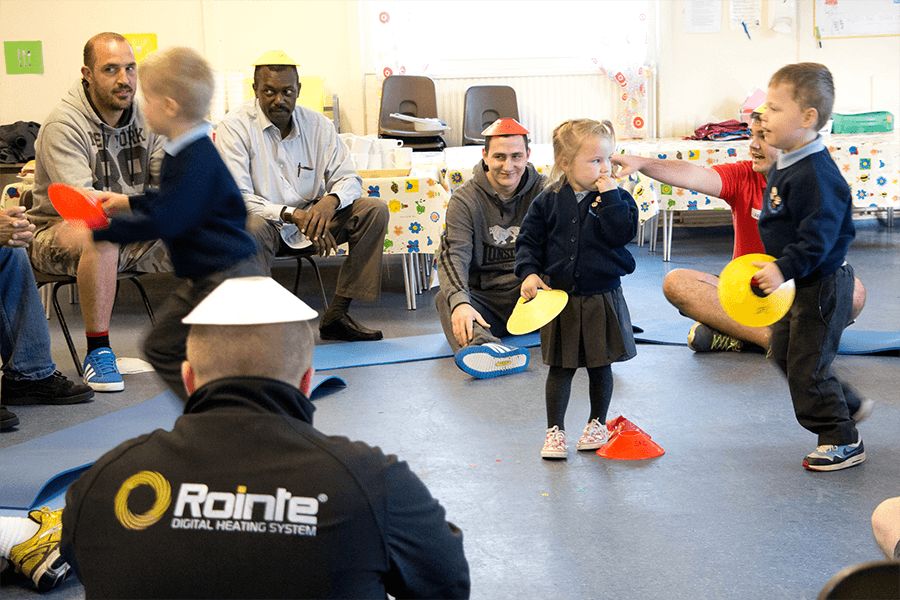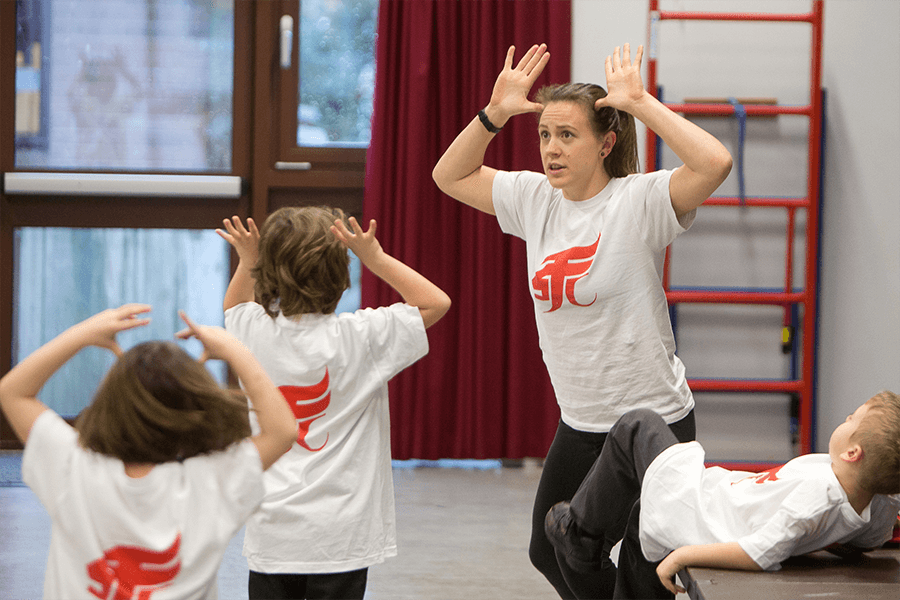Charity: Sporting Family Change, Bath
Project: Mentoring programme in primary schools across Bath and North East Somerset (BANES)
Grants: £197,750 over five years, 2015 to 2020
Key achievements:
- Provided sporting mentoring at 18 primary and nine secondary schools
- Reached 850 children and young people in five years
- Delivered 8,400 hours of mentoring over five years
With the help of a grant from the Medlock Charitable Trust, Sporting Family Change rolled out its one-to-one mentoring scheme for primary school pupils identified as needing additional support. The mentoring is carried out in eight primary schools across Bath and North East Somerset each year, delivering an average of 1,680 hours of mentoring based around sport and physical activity.
Since the programme started in 2014 it has proven so successful that it has been expanded into secondary schools. The small team have now worked with a total of 18 primary and nine secondary schools, reaching 850 children and young people.
Children and young people are encouraged to choose what sporting activity they wish to practise, so they are fully engaged in it. Sports offered include football, cricket, basketball, netball, cycling and tennis. The aim is to support pupils to self-manage their behaviour and emotions, enabling them to develop their skills, improve their performance at school and maximise their potential.
Using its inclusive approach, Sporting Family Change sets out to engage the pupils and their families running fun healthy activities which boost confidence and self-worth, address challenges they may be facing and introduce more safety and stability into their lives.
In the words of Damian Knollys, headteacher at Peasedown St John Primary School: “Every supported child in our school looks forward to their weekly session with SFC. Why? I would say it’s because children are treated as individuals, valued for who they are and challenged to step outside their comfort zone in a safe, supported way.
“They are encouraged to succeed in ways they never believed they could and taught how to fail and learn from their failures without beating themselves up. It’s an exercise in gently teaching children how to love themselves and love life.”


